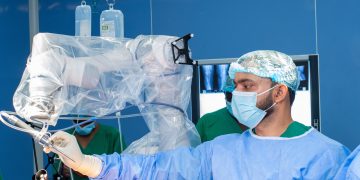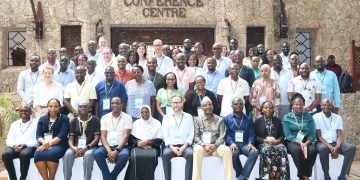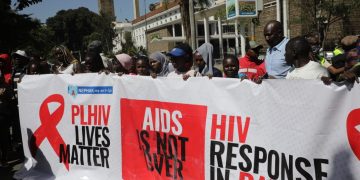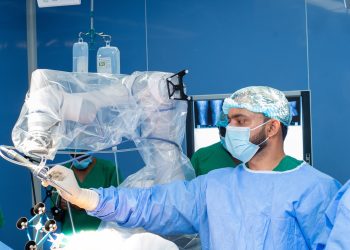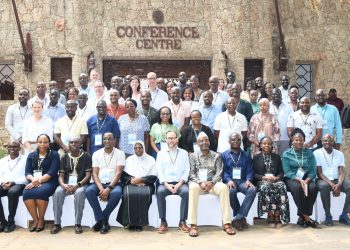Medical professionals in Kenya have voiced serious concerns over the safety and quality of surgical care in maternal health.
The Kenya Medical Association (KMA) and the Kenya Obstetrical and Gynaecological Society (KOGS) have jointly warned against allowing inadequately trained healthcare providers to independently perform surgical procedures, including Caesarean sections, arguing that such a move could pose significant risks to maternal and newborn health..
According to Dr. Diana Marion, Secretary General of KMA, the scope of practice for various medical cadres in Kenya is clearly defined by law and reinforced through professional regulatory bodies. She emphasized that any expansion of these roles must be based on robust evidence, structured training, and regulatory frameworks rather than political lobbying or workforce shortages.
She further stressed that “the principle of Primum non nocere—First, do no harm—must guide all policy decisions in healthcare.”
Dr. Kareki Omanwa, President of KOGS, echoed these sentiments, emphasizing that surgical procedures should only be performed by trained and accredited professionals.
He warned that the independent performance of such procedures by cadres without the requisite surgical training, accreditation, and oversight directly endangers the lives of mothers and newborns.
“In recent times, there have been increasing demands by clinical officers and other allied health care providers to independently conduct surgical procedures, including Caesarean sections. While we recognize the critical role that all healthcare providers play in delivering services to our population” He said adding that “We must unequivocally state that surgery, particularly obstetric and gynaecologic surgery, requires highly specialized training, rigorous and continuous competency assessments, and strict adherence to globally accepted medical and surgical safety standards.”
The warning from medical experts comes at a time when Kenya continues to grapple with high maternal mortality rates. According to the World Health Organization (WHO), complications during childbirth remain a leading cause of maternal deaths in the country. Experts fear that allowing undertrained personnel to perform surgical procedures could further exacerbate these challenges.
KMA and KOGS have urged the government and healthcare stakeholders to uphold professional standards by ensuring that any modifications to medical practice are guided by scientific evidence and competency-based training.
They also called for prioritizing patient safety by maintaining a structured, team-based approach where each professional operates within their regulated scope to enhance patient outcomes.
The experts also emphasized the need to strengthen surgical training pipelines by increasing investment in medical training programs to produce more qualified specialists and medical officers.
Additionally, they stressed the importance of enhancing oversight and regulation to ensure that all surgical procedures are performed by legally recognized professionals with adequate training, including the establishment of formal pathways for clinical officers seeking surgical training.
Lastly, they called for meaningful stakeholder consultations, emphasizing that any changes in medical practice should involve professional bodies, regulatory authorities, and the broader healthcare community.
“The mortality rates in maternal health are already concerning. What we need is more investment in training and oversight, not shortcuts that could put patients at risk,” Dr. Omanwa concluded.


